Your computer used to feel like a partner. An extension of yourself; it did what you needed, when you needed it. But lately, it feels like that relationship is on the rocks. You’ve got a piece of software you rely on; something you invested time and money in, and now… it’s acting weird. Updates seem to break it more than fix it; and it’s slowly losing its mind. You might feel betrayed; like the company you trusted just doesn’t care anymore.
It’s a story playing out all over the tech world; and it’s happening in plain sight with a piece of software called Dragon NaturallySpeaking. The company, Nuance, was bought by Microsoft in 2022; and since then, longtime users have felt like they’re being slowly pushed out the door. The evidence isn’t hard to find. Recent Windows 11 updates have made Dragon nearly useless for some, breaking its “Full Text Control” and forcing it to rely on a clunky dictation box. Microsoft is updating the fundamental plumbing of Windows; and they’re not too concerned that old applications are springing leaks. This isn’t just a bug; it’s a symptom of a larger corporate strategy. Microsoft wants to move everything to the cloud; and it sees a perpetual license, on-premise product like Dragon as a relic. It’s not a conspiracy; it’s just business.
The real kick in the teeth is that for a lot of people; Microsoft’s built-in voice solution just isn’t a good enough replacement. It can handle basic dictation; but it lacks the fine-tuned control, accuracy, and deep customization that made Dragon the industry standard for so long. So you’re left in a tough spot: your old tool is dying a slow, painful death, and the “free” alternative is basically a toy. This leaves users feeling like they’ve been taken for a ride.
But where one door closes, a new one sometimes opens. A free, open-source project called Talon Voice is starting to turn more heads; especially among developers and other power users. It’s not a ready-to-use application like Dragon; it’s more of a framework. You can use Python scripts to build your own custom voice commands and controls, from the ground up. The recognition engine is getting so good it can honestly compete with Dragon’s; and for many, it’s even better. It is a very powerful tool, but it does come with a catch: it has a steep learning curve. If you’re not comfortable with a little bit of code, Talon can feel really intimidating. This makes it a blessing to some; but an uninviting mystery to others.
This situation forces us to face a hard reality: in the world of software, you don’t really own anything anymore. You’re just renting. You can pour years into learning a piece of software and building your life around it; only to find that the company behind it has decided to move on. It’s a painful lesson, but it’s becoming the norm.
Do you stay loyal to a fading product; or do you cut your losses and invest time into a new solution, knowing that the same thing could happen all over again?
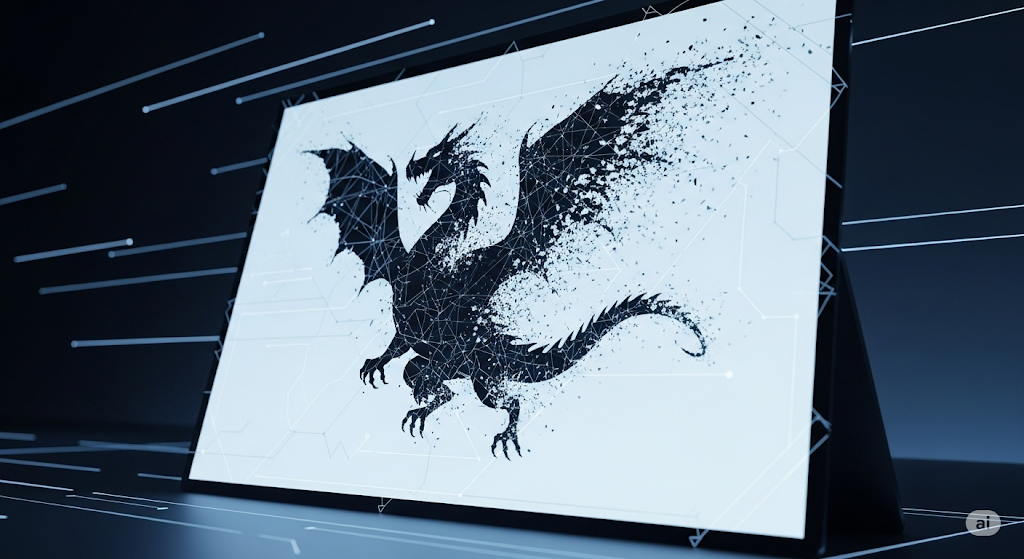
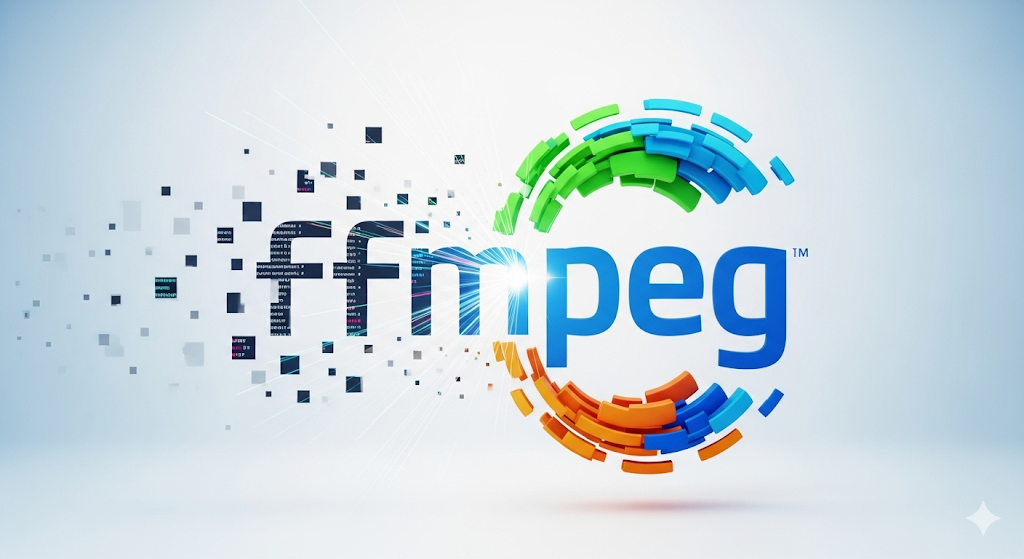
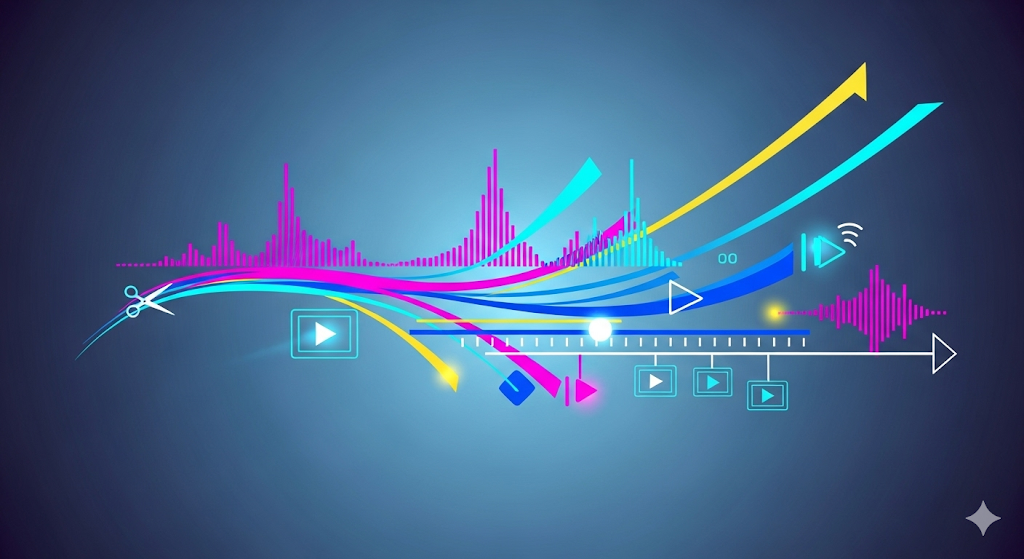
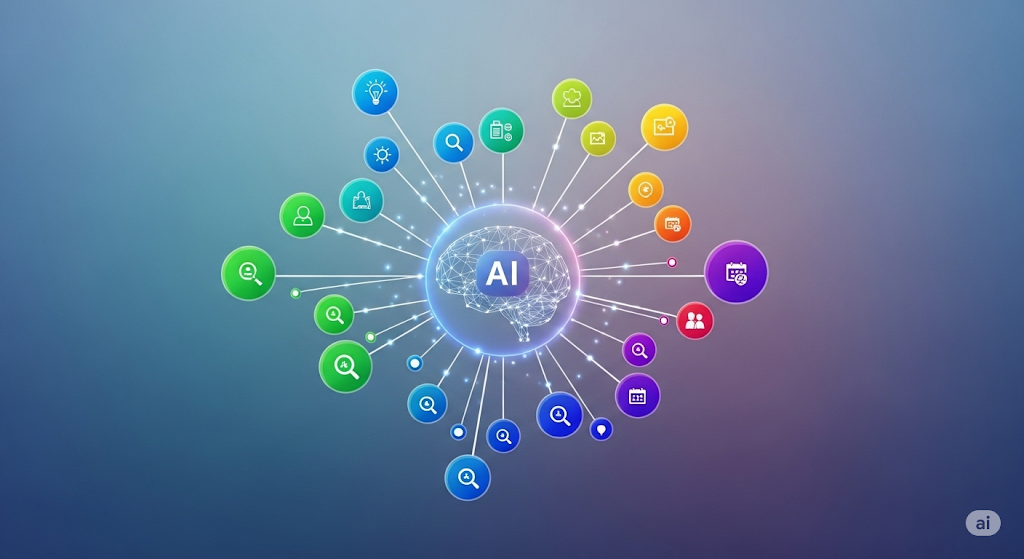
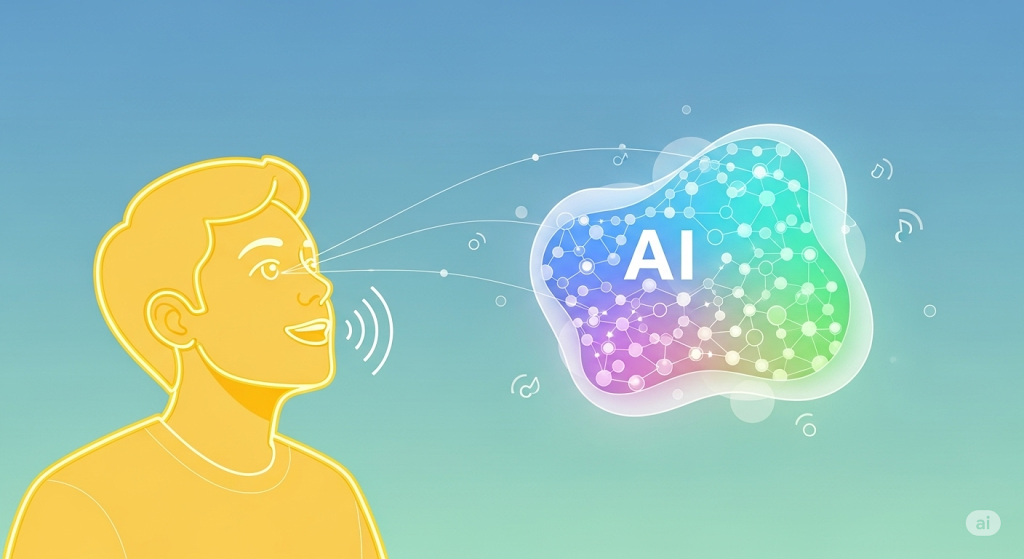
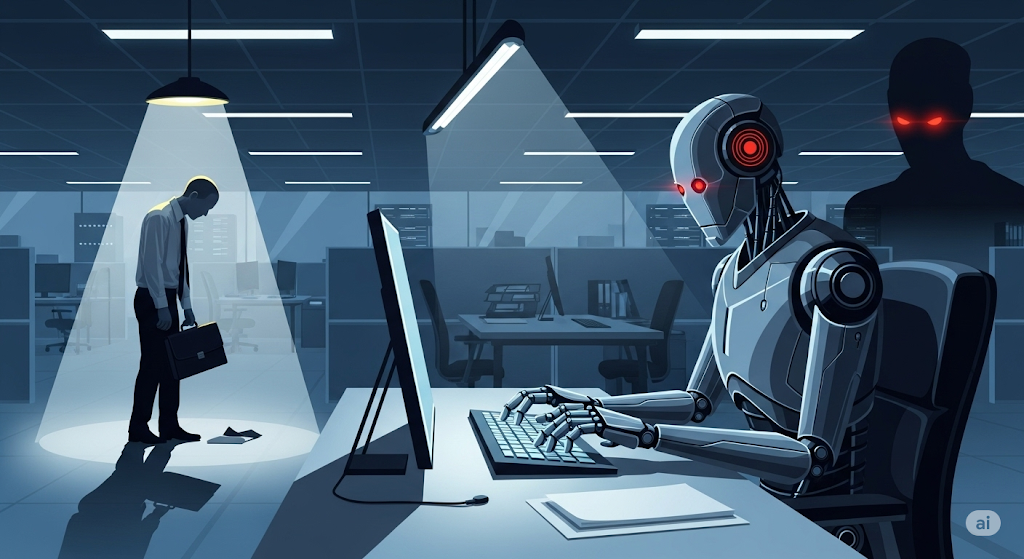
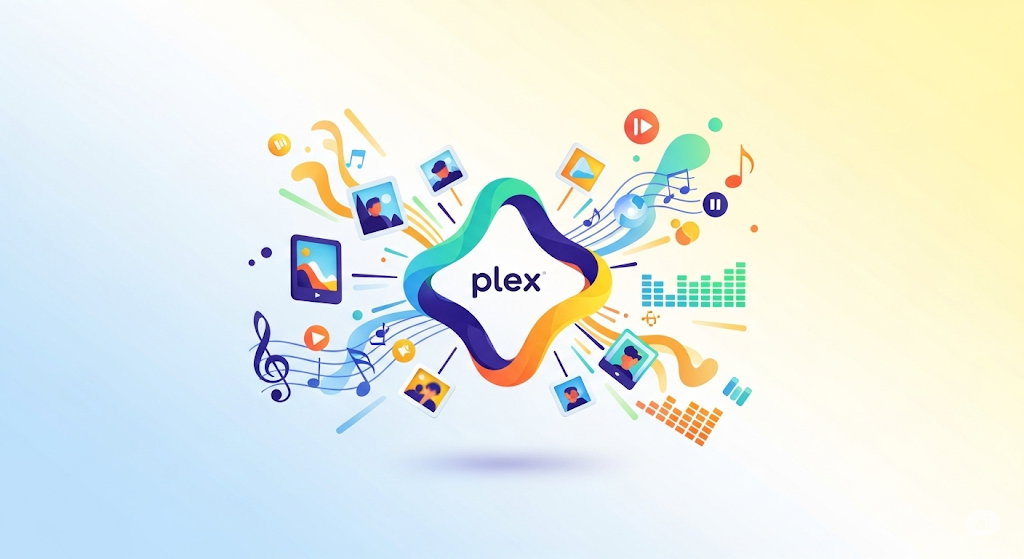
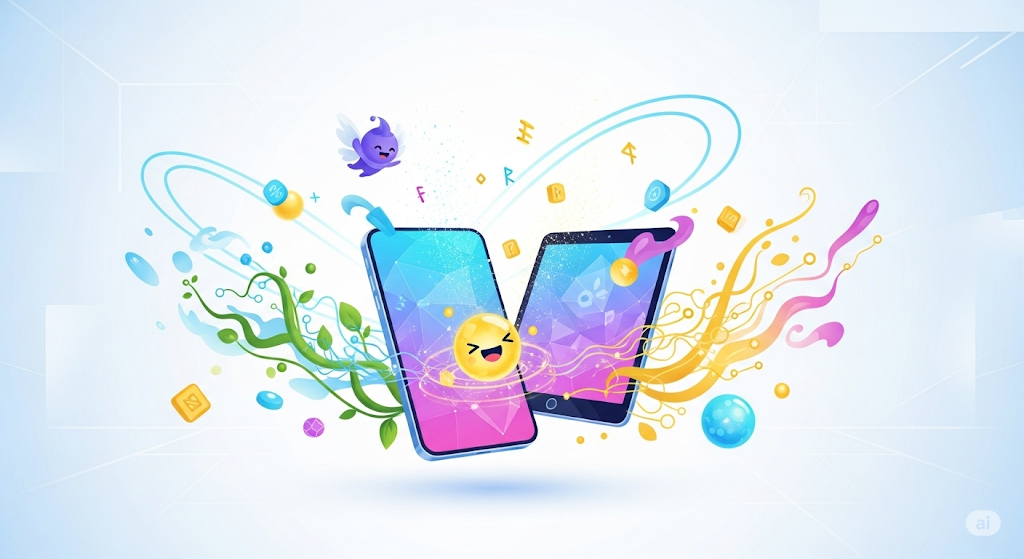
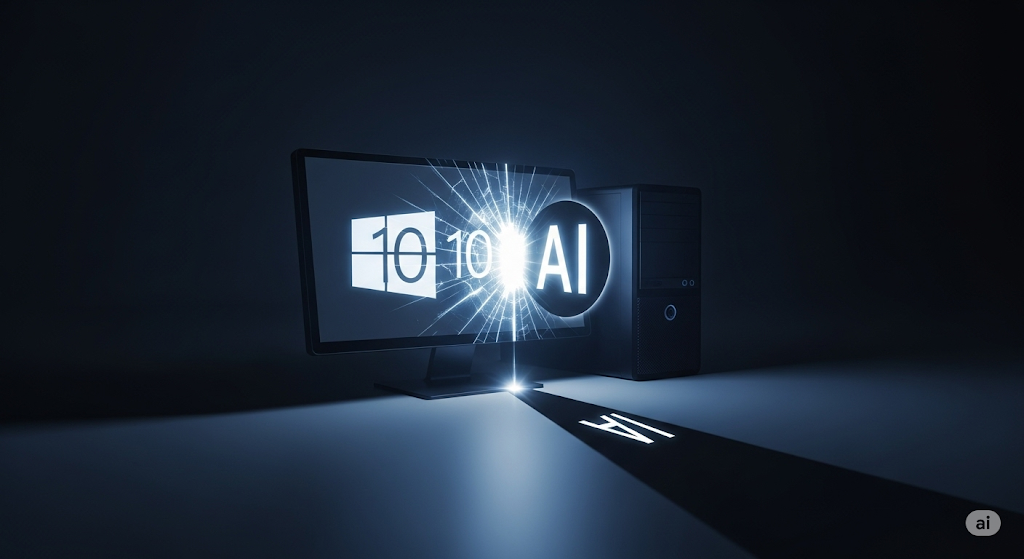
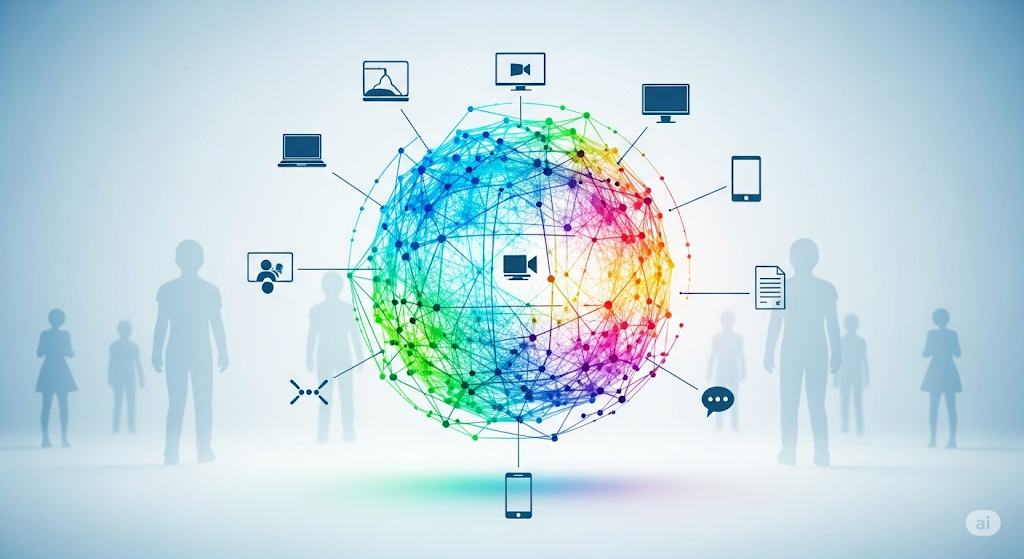
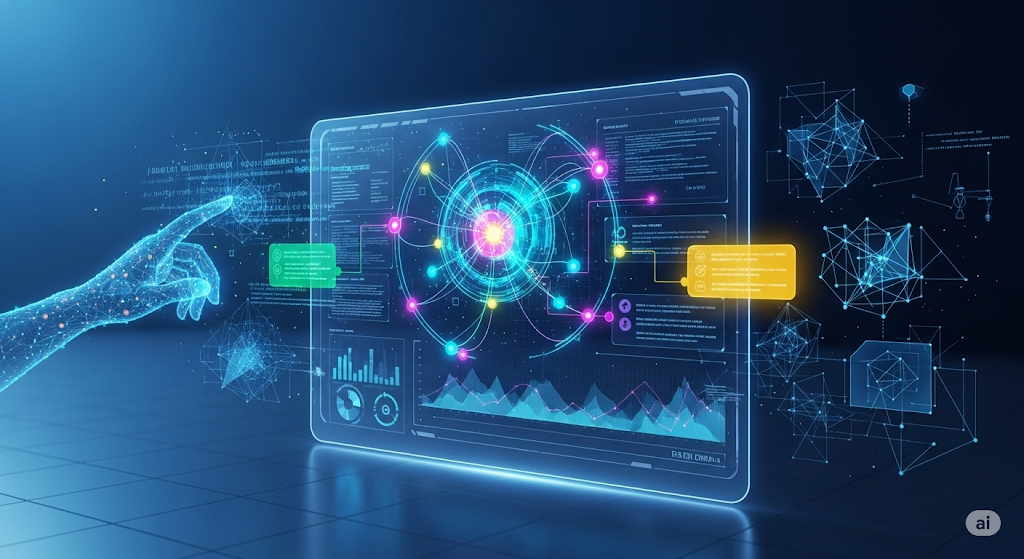
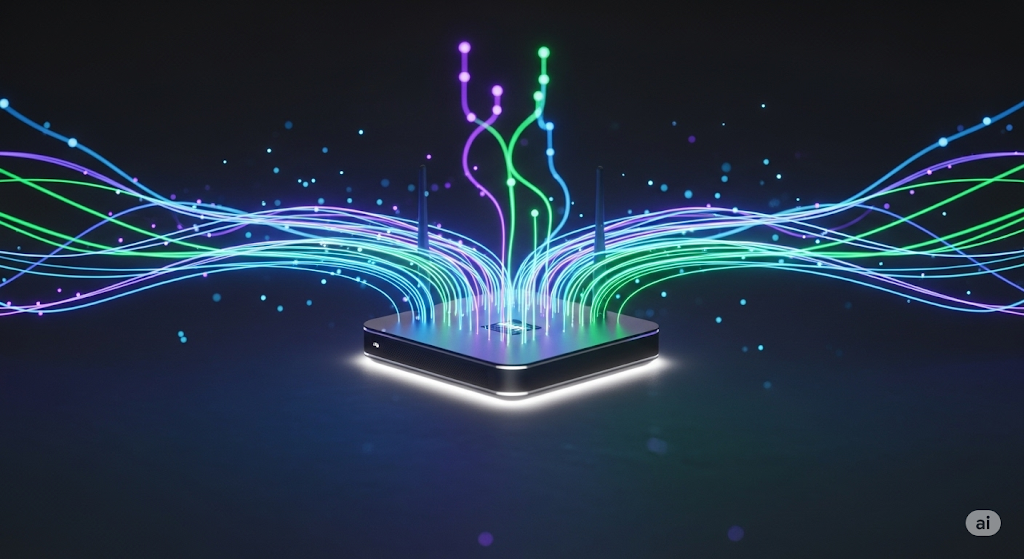
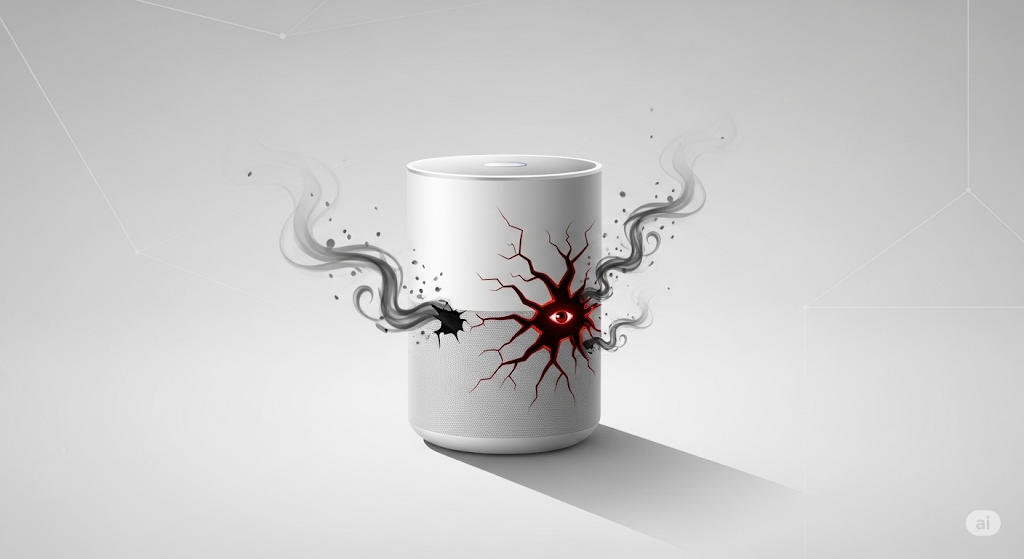
Leave a Reply